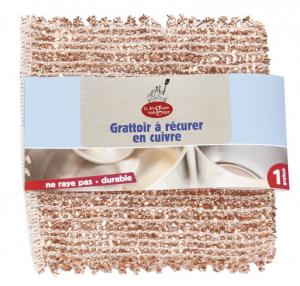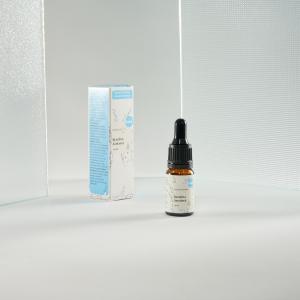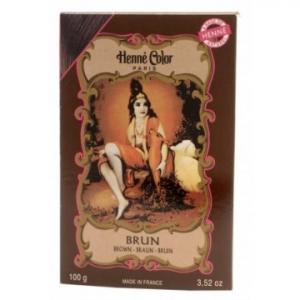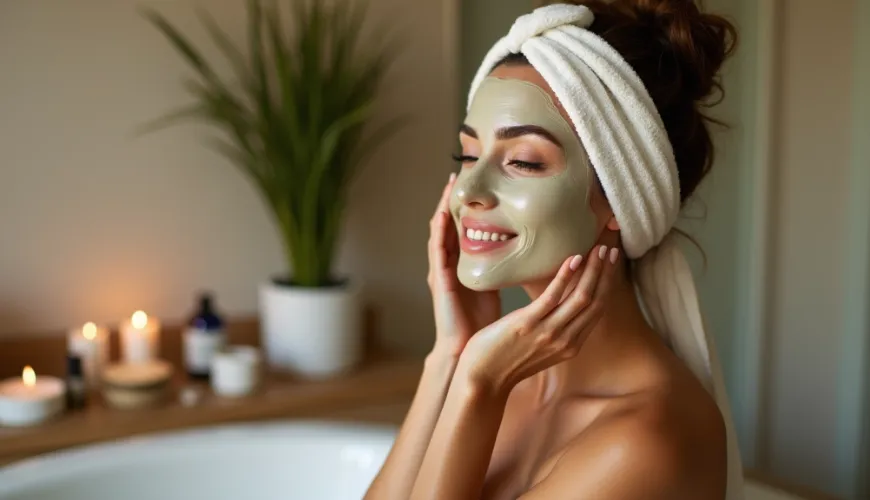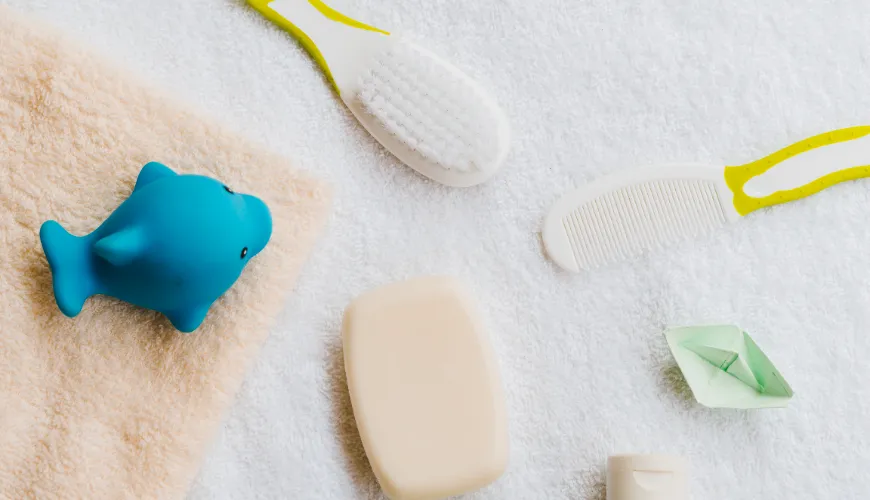
What do the best tinctures offer and how to use them correctly
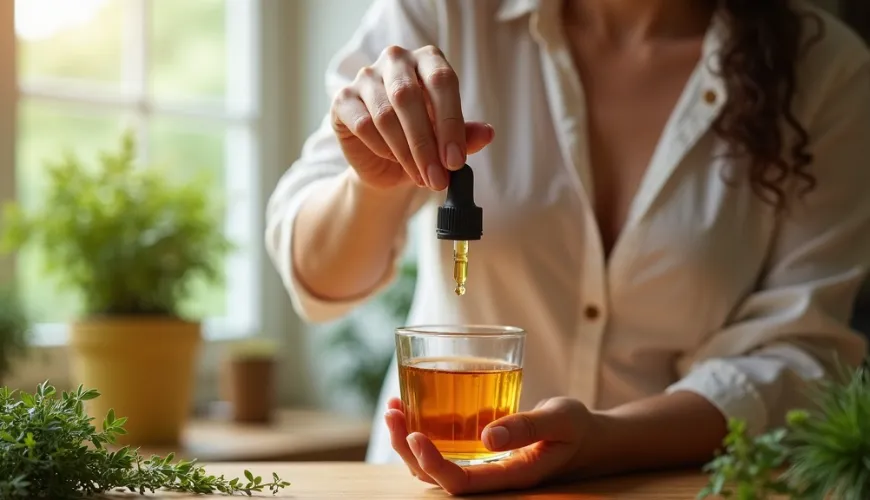
The Best Herbal Tinctures - How Natural Drops Help with Everyday Troubles
In a time when the world seems to be getting faster and the demands on our bodies and minds are constantly increasing, many people are turning back to nature. While modern medicine offers quick solutions, more and more people are seeking gentler and longer-lasting paths to health. One of these paths is herbal tinctures – concentrated drops made from medicinal plants that have been used for centuries.
But how do you know which tinctures are truly the best? And how to use them correctly to get the most out of them? Choosing a quality tincture is not just about a convincing label or a well-known herb name. It's about a combination of origin, processing method, and a reasonable approach to one's own health.
What are tinctures and why should you opt for them?
A tincture is a herbal extract usually made by soaking plant parts in alcohol. Alcohol not only acts as a preservative but also helps extract active substances that wouldn't be released in water. The result is a small bottle full of concentrated natural power, used drop by drop.
The popularity of tinctures has grown significantly in recent years, not only among fans of natural medicine. Tinctures are compact, have a long shelf life, work faster than teas, and are easy to dose. Additionally, they absorb well and can be an effective supplement to classic treatment – of course, after consulting with a doctor.
According to phytotherapy experts, tinctures are an ideal choice for long-term prevention and for supporting the body during specific periods – for example, during stress, sleep disorders, weakened immunity, or hormonal imbalances.
Which tinctures are among the best?
Choosing a tincture starts with the question: What do the body and mind need right now? Each herb has its specific effects, and it's important to choose not only based on the current problem but also on the individual setup of the organism.
However, there are several tinctures that have long been ranked among the most popular and effective. Not only according to herbalists' experiences but also based on reviews from thousands of satisfied users.
1. St. John's Wort Tincture – for nerves, stress, and melancholy
St. John's Wort is considered a natural antidepressant. Its extract in tincture form helps alleviate anxiety, tension, and sleep disorders. It provides relief for moderately severe depressive states and supports a better mood without the side effects of common psychotropic drugs.
This tincture is often used during periods of increased stress, work exhaustion, or after emotionally challenging events. The advantage is that it acts gently yet effectively.
2. Echinacea Tincture – immune support
During flu and cold seasons, echinacea, also known as coneflower, proves effective. Its tincture stimulates the immune system, shortens the duration of illness, and reduces the risk of recurrent infections.
A mother of two preschoolers described how she added a few drops of echinacea tincture to their morning tea during the autumn. The children were less sick than usual, and recovery was faster. "I started out of desperation, but it worked," she says.
Try our natural products
3. Ginseng Tincture – energy and vitality
When we feel exhausted despite getting enough sleep, long-term stress or adrenal fatigue might be the cause. Ginseng has been used in traditional Chinese medicine for thousands of years as an adaptogen, a substance that helps the body better adapt to stress.
Ginseng tincture increases resistance to stress, supports mental performance, and overall vitality. It is suitable for students, managers, parents of small children – basically for anyone running on full throttle and needing to "recharge their batteries."
4. Valerian Tincture – quality sleep without side effects
Valerian is known for its calming effects. Its tincture helps with insomnia, irritability, and nervous tension. Unlike synthetic preparations, it does not disrupt the natural sleep cycle and is not addictive.
It is also used for children of a certain age or during stressful life phases when it's hard to "switch off" in the evening. Combined with lemon balm or hops, it can be even more effective.
5. Milk Thistle Tincture – detoxification and liver care
The liver is the main detoxification organ of the body, and milk thistle is known for protecting and regenerating it. Its seed tincture is recommended during spring cleanses, after medication use, or for poor digestion.
It can also be supportive in chronic liver diseases such as steatosis or hepatitis – of course, always after consulting with a doctor.
What to watch out for when choosing a tincture?
Not all tinctures are created equal – their quality depends on many factors you might not even realize at first glance. This includes the origin of the herbs, meaning where the plants come from – the best choice is those from organic cultivation or collected in wild, unpolluted nature, where they aren't exposed to chemicals and pollution.
The method of processing the herbs is also important: traditional cold maceration is ideal, as it preserves much more active substances than quick, heat-accelerated processing. Manufacturers often add various "enhancements" to tinctures, but in reality, a tincture should contain only what it needs – the herb, alcohol, and perhaps a bit of water, and nothing more. Then there's the concentration of the extract, which determines how strong the tincture actually is – simply put, the more herbs you find in it, the better effect you can expect.
So next time you're choosing, take a close look at the label – to make sure you pick a really quality piece.
Some brands also use gentle alcohol from organic spirits or gluten-free grain alcohol, which is appreciated by people with sensitive digestion. It's also important to check the label – a quality manufacturer transparently states how many grams of the herb are used per 100 ml of tincture.
How to use tinctures correctly?
Taking tinctures is simple and adaptable – usually, just a few drops 1–3 times a day, ideally on an empty stomach or with a little water. Dosage depends on the specific tincture, age, and health condition.
For example, tinctures for immune support are recommended to be taken preventively, ideally several weeks before the illness season. For sleep tinctures, it's optimal to take a dose about 30 minutes before bedtime.
Some people administer drops directly under the tongue for faster absorption, while others mix them into a drink – such as water with lemon, tea, or a smoothie. It always depends on what suits you.
And what if you're allergic to alcohol or want to avoid it? There are alcohol-free tinctures available, such as glycerin extracts, which are suitable for children or pregnant women. The effects are usually slightly milder, but they are ideal for gentler organisms.
Can tinctures be part of a modern home medicine cabinet?
At a time when interest in prevention and natural paths to health is growing, tinctures are becoming a stable part of home medicine cabinets. They are easy to store, have a long shelf life, and have wide applications. It's not uncommon for people to have a "collection" of several basic tinctures according to the season and need.
As herbalist and therapist Jana Vlčková says: "Herbal tinctures are not a miracle on demand, but with regular and conscious use, they can gently yet deeply support the regeneration of the body and soul."
And perhaps this is where their greatest strength lies – it's not just about the effects, but about returning to oneself, listening to one's own body, and respecting nature. In a time full of haste and excessive stimulation, returning to simplicity is often the best decision we can make for our health.

